Most people do not realize that being unable to move their shoulders fluently makes everyday life much more difficult. We use our shoulders more than we realize; doing things like driving, writing or typing, or even lifting food into our mouths, our shoulders are being used. If you are experiencing a limited range of motion or stiffness in your shoulder, you likely have what is known as “frozen shoulder.” Dines Upper East Side Orthopedics is a frozen shoulder expert.
What is Frozen Shoulder?
Frozen shoulder, also called adhesive capsulitis, is a condition characterized by stiffness and pain in the shoulder. The condition may make it difficult to move the shoulder and cause significant discomfort.
Most people with frozen shoulders will eventually recover with conservative treatment, which may include physical therapy and medications. In some cases, however, surgery may be necessary to relieve the pain and restore the range of motion.
What Causes Frozen Shoulder?
Frozen shoulder develops because of the formation of scar tissue in the shoulder joint. This scar tissue forms in response to injury or inflammation. The exact cause of frozen shoulder is often unknown, but it may be related to an overuse injury, like tendinitis, or a medical condition, like diabetes.
The symptoms of frozen shoulder typically develop slowly over time. The first stage, called the freezing stage, is characterized by pain and stiffness in the shoulder that gradually worsens. The second stage, called the frozen stage, is when the shoulder becomes increasingly stiff and painful. The third and final stage, called the thawing stage, is when the range of motion gradually starts to improve.
Treating Frozen Shoulder
Most people with frozen shoulder will eventually recover without surgery. However, in some cases, the condition may persist for months or even years. Surgery may be necessary if conservative treatment does not relieve the pain or restore the range of motion.
If you have frozen shoulder, it’s important to work with an experienced orthopedic doctor who can develop a treatment plan that is right for you. Depending on the severity of your condition, the treatment plan may include one or more of the following:
- Physical therapy: Physical therapy can help stretch and strengthen the muscles around the shoulder, which can help improve the range of motion and reduce pain.
- Medications: Non-steroidal anti-inflammatory drugs (NSAIDs) can help reduce inflammation and pain. Your doctor may also prescribe a corticosteroid injection to help reduce inflammation.
- Surgery: In some cases, surgery may be necessary to release the scar tissue that is causing the stiffness and pain. Surgery is typically only recommended for people who have not responded to other forms of treatment.
If you are dealing with frozen shoulder in New York City, it’s crucial to seek treatment from Dines Orthopedics. The earlier you start treatment, the better your chances are of recovering fully. With the right treatment plan, you can regain the full range of motion in your shoulder and get back to your normal activities.
Dines Upper East Side Orthopedics
When you are dealing with a shoulder injury of any kind, you can count on the team at Dines Orthopedics to help you recover. Our professional and courteous staff is here to provide support for you to ensure you make a full recovery with long-lasting results. Contact our Upper East Side Orthopedics today! Visit our website or call us!

